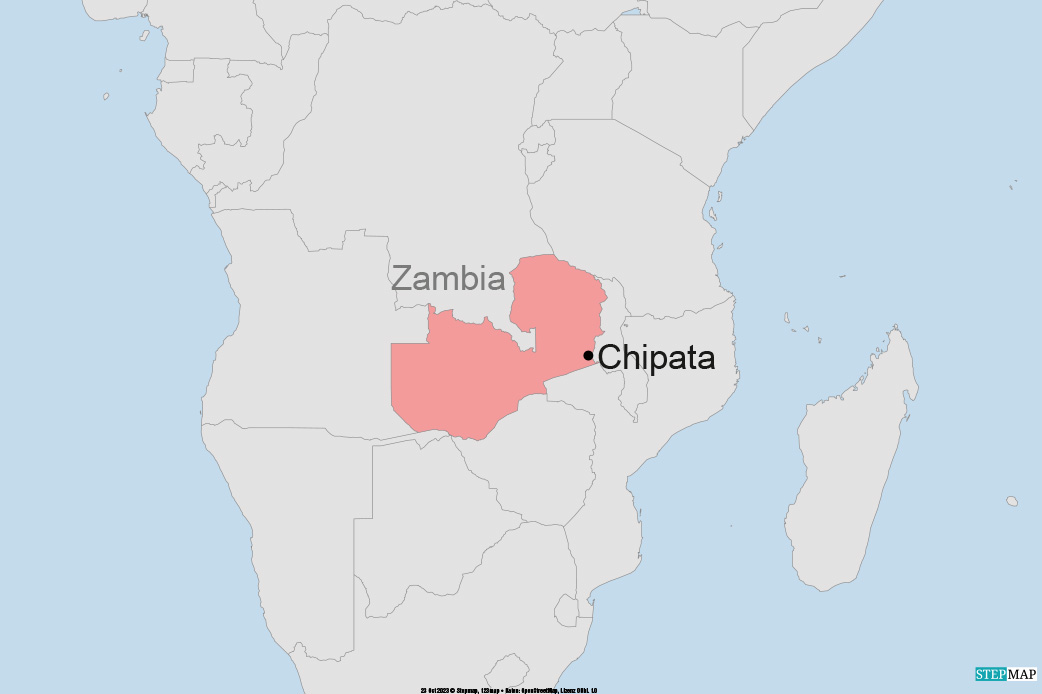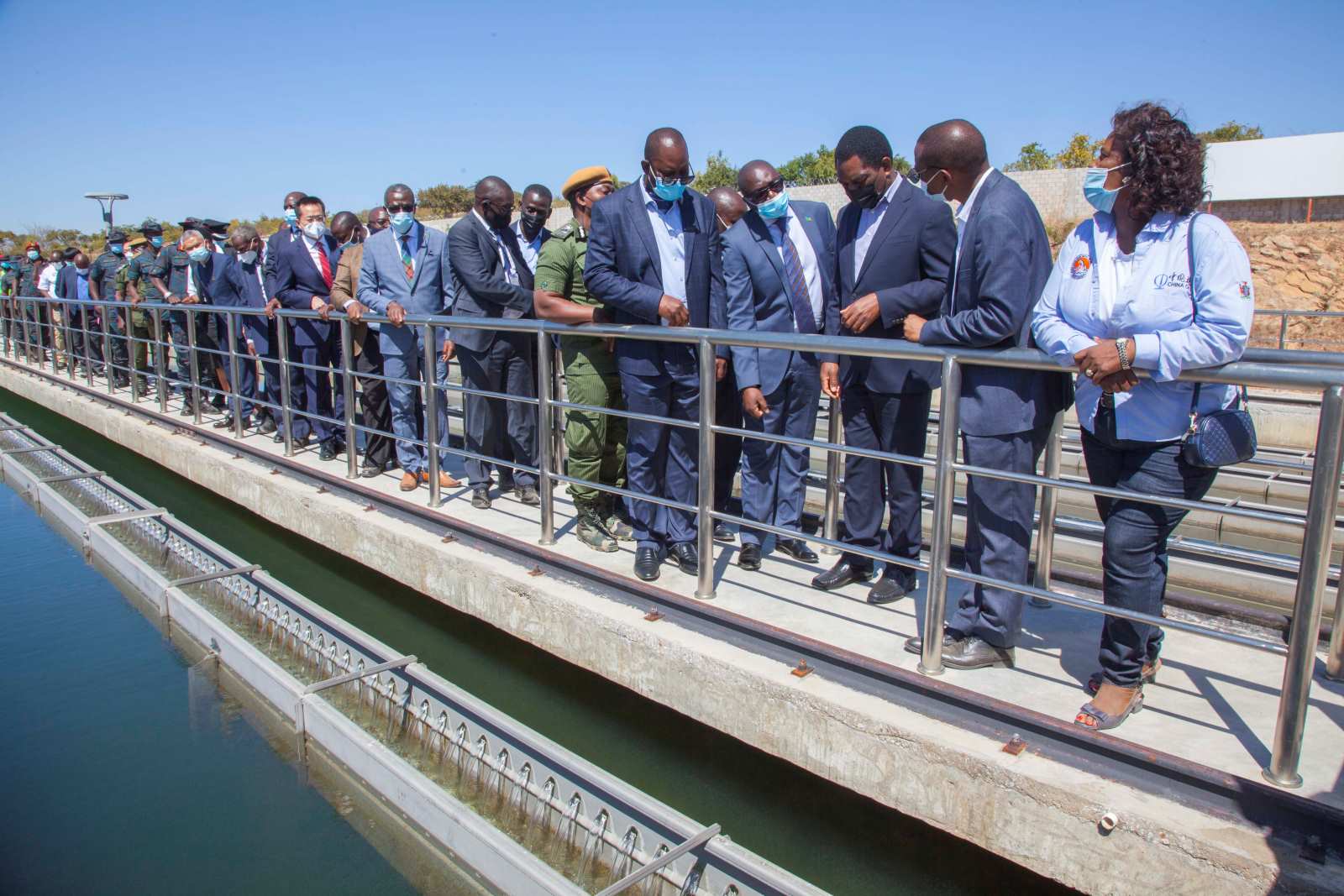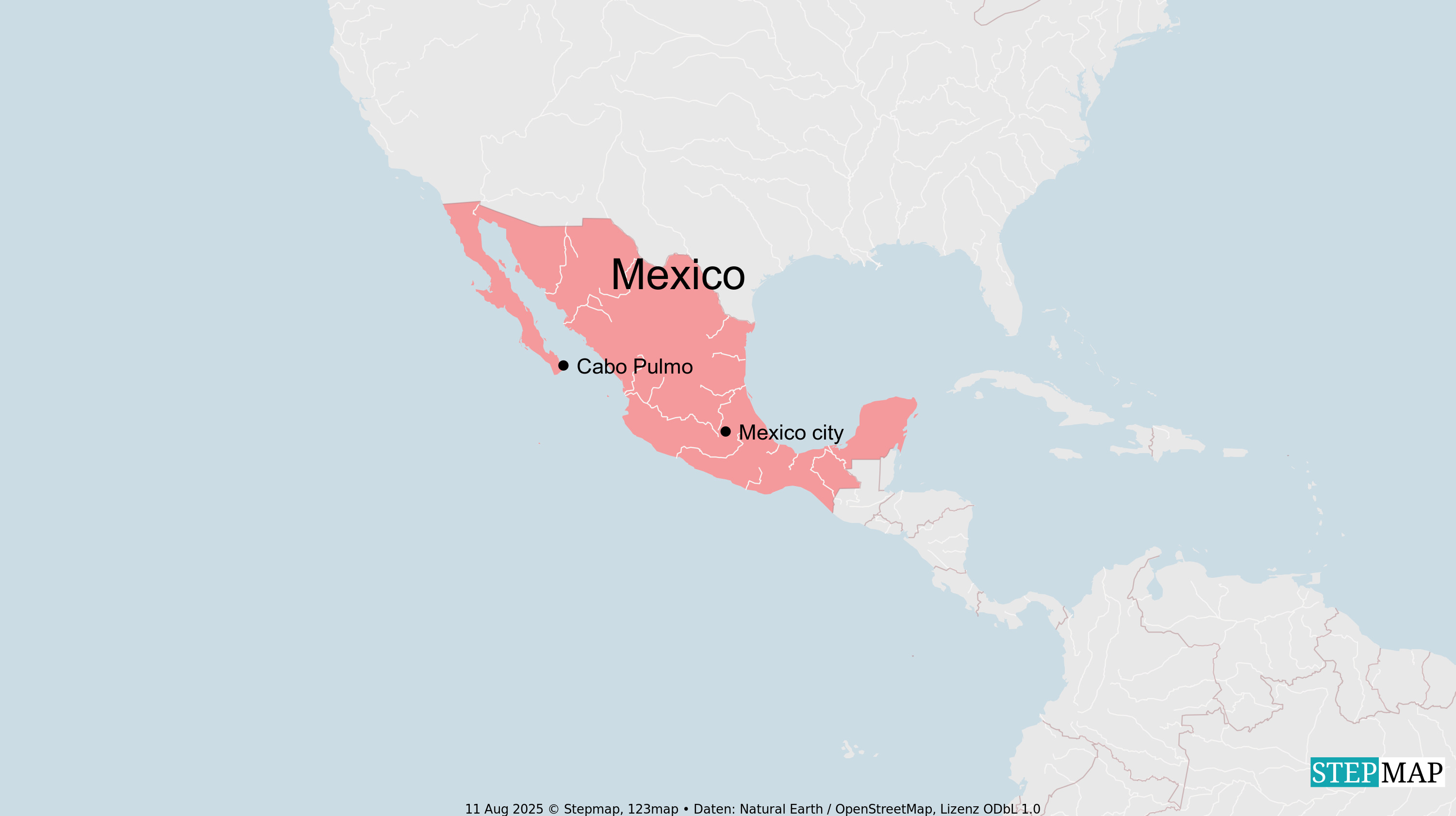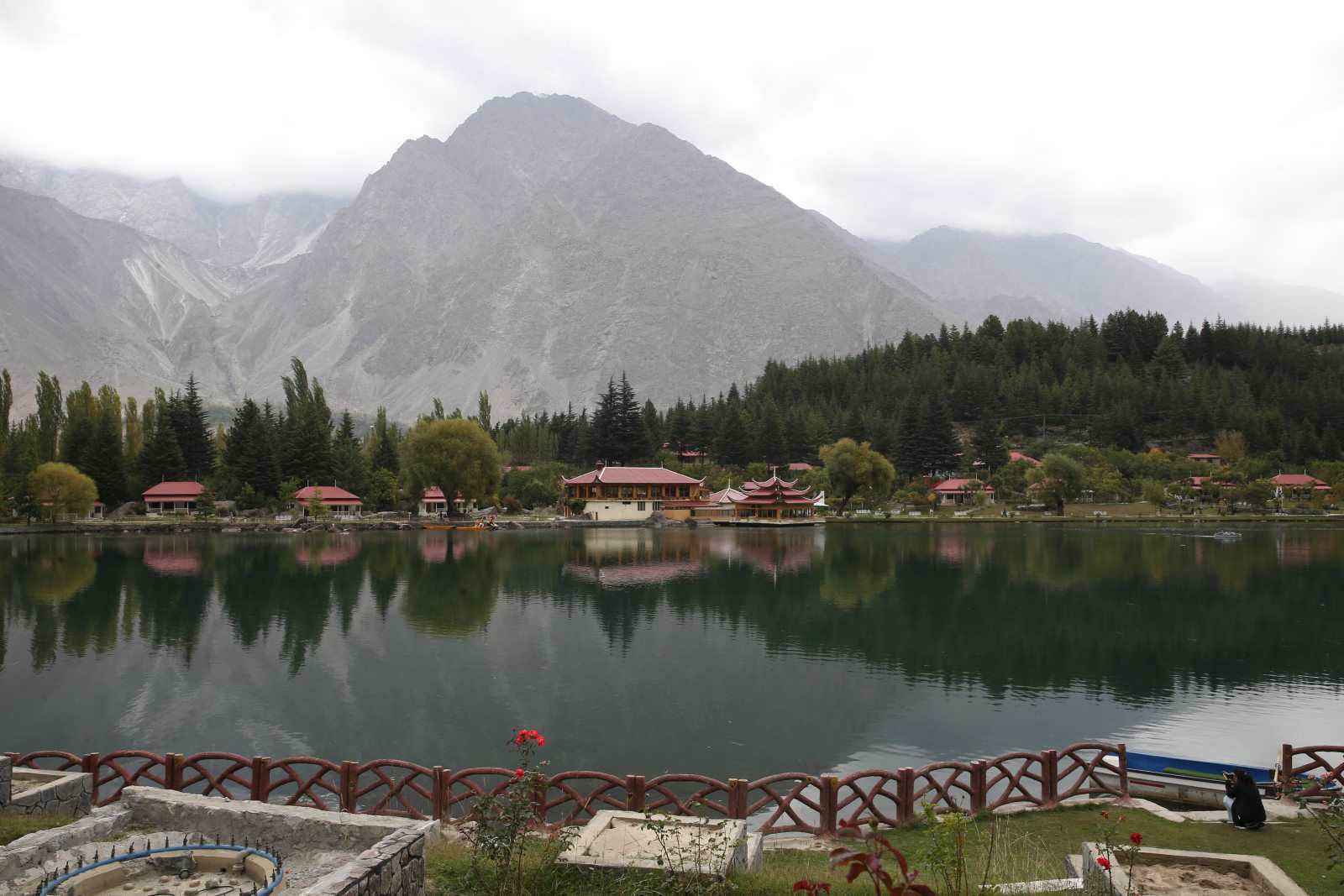Cultural heritage
Kuomboka festival: Zambia’s cultural jewel boosts tourism and trade
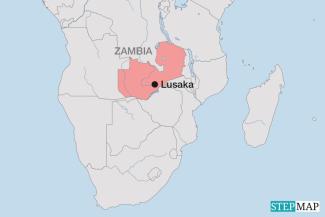
Amidst the majestic floodplains of the Zambezi River in the heart of Mongu town, the Kuomboka ceremony has continued to unfold the enduring cultural heritage of the Lozi speaking people.
Thousands of people from different ethnic and socio-economic backgrounds flocked to Mongu, the centre of Western Province, 590 kilometres from Lusaka, to witness a very special event: the 2024 Kuomboka Ceremony. The annual event also attracts local politicians, foreign dignitaries, traditional leaders and tourists from all over the world.
As their Majesties King Lubosi Imwiko II, the host, and Chitimukulu Kanyanta Manga II, paramount chief of the Bemba speaking people, glided gracefully across the Zambezi River aboard the royal barge (Nalikwanda), the majestic procession captivated spectators with its vibrant colours, rhythmic drumming, and intricate symbolism.
Transcending diversity
“In times like these, even though diversity is an undeniable characteristic among human beings and nations, yet cultural moments like the Kuomboka, transcend diversity, uniting us as one large family, proud to be one people, one nation, under one God,” President Hakainde Hichilema said during the event.
Adorned in splendid regalia, King Imwiko II led his people in a procession of majestic proportions, symbolising unity, strength and culture. The procession reaches its climax with rhythmic beating of drums and the melodic chants of traditional songs, a time-honoured ritual that marks the migration of the Lozi king from the floodplains of Lealui to Limulunga, signalling the transition from the rainy to the dry season.
The presence of Paramount Chief Chitimukulu Kanyanta Manga II displayed unity between the Lozi and Bemba speaking peoples. The gesture, reciprocated from last year when Chitimukulu invited Litunga to be the Guest of Honor at the Ukusefya pa Ng’wena traditional ceremony.
The merrymakers at the ceremony were clad in colourful Musisi and Siziba attire. They came from places such as Kalabo, Lukulu, Sesheke and from South Africa, Namibia, Japan, Angola, and the United Kingdom.
“This is a masterpiece of oral and intangible cultural heritage for Zambia and the world at large,” Leonard Nambahu, a tourist from Namibia described the Kuomboka ceremony.
Entrepreneurs and businesses benefit from the festival
The festival bolstered trade. Many businesspeople in Mongu town benefited. Most predominantly, the hoteliers and those with other lodging were in demand due to the influx of tourists. However, this led to an increase in accommodation prices.
“As local and foreign tourists flock in, the excitement here is high and people are ready for the ceremony despite the high lodging charges,” said Sikufele Mulonda, owner of Yahesu apartments located in Mongu’s central business district.
A check at most lodges found that a K 2,000 ($ 77) executive room has gone up to K 3,000 ($ 115) while one that usually goes for K 800 ($ 30) has gone up to K 1,500 ($ 58).
Local traders in various commodities also benefited. “Whenever we have Kuomboka here, my commodity sales go up. I wish the ceremony was done every month because I record more sales as compared to normal days,” said Sibeso Mwanangombe, who supplies rice and fish.
The fashion industry also makes huge profits during the festive season. Tailors earn a lot of money designing traditional clothing such as musisi, siziba, red berets and mashashu.
In the transportation sector, owners of speed boats, canoes and vehicles also get hired to ferry people prior, during and after the event while local musicians get empowered financially as they entertain Kuomboka fanatics with local tunes.
“I always get more business orders during the Kuomboka, and each ceremony brings in more income for me to feed my family,” Gertrude Imenda, a tailor specialised in making Musisi attires, says.
Derrick Silimina is a freelance journalist based in Lusaka.
derricksilimina@gmail.com

